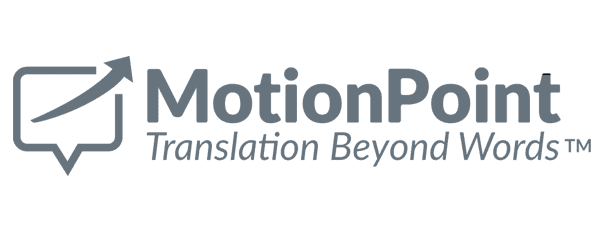




As companies expand into new international markets, they quickly discover that localizing their digital customer experiences is mission-critical for effectively engaging and serving multilingual customers.
But translating an entire digital CX—including websites, login areas and omnichannel content—may be beyond the budgets of some companies. Many turn to automated translation software, aka machine translation, to mitigate costs.
Neural Machine Translation (NMT) is the most advanced form of machine translation available today. With recent advances in self-learning AI, deep learning and big data, NMT systems essentially “learn” new languages using Recurrent Neural Networks, and apply this knowledge to repeatedly produce translated content that’s more fluent than previous machine translation approaches.
Other systems of machine translation, such as Phrase-Based Machine Translation (sometimes referred to as Statistical Machine Translation), can’t learn the way NMT does. These older technologies recognize text at the word, phrase or syntax level. Since this approach examines a sentence’s content on a granular level, it can’t account for the full contents—or context—of the entire sentence. Translations suffer as a result.
In contrast, NMT models process information similarly to the human brain: nonlinearly, using different layers of a neural network. This allows NMT to read and translate content at the more holistic sentence level, resulting in comparatively far more accurate and nuanced translations.
By now, every major provider of machine translation uses Neural Machine Translation.
NMT is fast becoming a viable way to localize a company’s CX for international markets. Here is some helpful information about NMT, and about the translation vendors that use this powerful technology.
Thanks to recent technological breakthroughs, companies can benefit from NMT in several key ways, including:
Budget-Friendly: The costs to localize high volumes of online or offline content are significantly lower than translations crafted by professional linguists
Speed: Large amounts of content can be localized quickly, in real-time
Quality: Translates content into widely-spoken languages with far fewer errors than Phrase-Based Machine Translation
Teachable: Translation quality can improve over time by “training” the database’s language patterns with additional content
NMT empowers brands to reach their global customers in the languages they prefer, quickly and cost-effectively. Here are several common use cases in which NMT can be used to drive international business:
NMT can localize large volumes of content such as product pages and descriptions, offline documents or user-generated content almost instantly, for a fraction of the cost of human translation.
With NMT, companies can minimize their translation spend while testing the waters in new online markets. Successful localized websites can be enhanced with human translation as needed.
Businesses with lean budgets can affordably create localized customer experiences, with the flexibility to apply human translation to strategically important content within spending limits.
Depending on your translation vendor, your company may also be able to apply NMT to other content, such as:
Despite its ability to deliver far superior translations compared to Phrase-Based Machine Translation, NMT isn’t without its flaws. Here are a few:
For businesses that want to leverage the cost-effective, time-saving benefits of NMT without risking their brand’s reputation, the best translation vendors offer a hybrid approach, combining NMT with expert human translation. This delivers unmatched efficiency, accuracy and flexibility.
Companies can apply a NMT-human approach to use cases such as:
NMT systems are most effective when they have been “trained” with bilingual content, and learn the linguistic rules needed to understand and interpret language patterns.
Companies can also refine their NMT databases over time by editing their output with a human translator, and re-teaching it to the system. This is an efficient way to get the best-possible results that reflect a brand’s voice and messaging.
However, training a NMT system can take a lot of energy and time. Programmatically, the process of “training” an NMT system is quick; however, it’s often very time-consuming to create enough training data for the system to learn from.
Many translation vendors that offer NMT put this training burden on their customers. However, superior vendors handle those tasks with no customer effort required.
Consider how much effort you and your teams can commit to training an NMT system when choosing a translation vendor.
Translation technology experts predict that NMT is the future of digital localization. However, in its current state, more innovation is required before NMT overtakes human translation as the best and most accurate way to localize content.
The smartest way a global business can use NMT is to leverage a hybrid approach that combines its cost-effective, time-saving benefits with the unparalleled linguistic, cultural and industry fluency of professional translators.
As you consider different solutions to localize your website and other assets for international customers, make sure to look for vendors that offer both cutting-edge technology and human expertise.